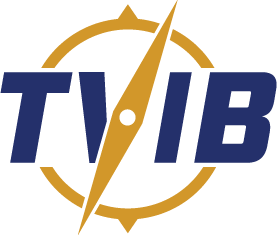USCG: CG-CVC Policy 17-02 (CH-1) Use of Existing Safety Management Systems to Obtain an Initial Certificate of Inspection Under 46 CFR Subchapter M Change 1
03/07/2018
The Coast Guard office of Commercial Vessel Compliance issued CG-CVC Policy Letter 17-02 (CH-1) Use of Existing Safety Management Systems to Obtain an Initial Certificate of Inspection Under 46 CFR Subchapter M
Refer to 6d on page 4:
For the purposes of issuance of a vessel’s initial COi, 46 CFR 138.115 states, “the owners or managing operators selecting the TSMS option must obtain a TSMS Certificate at least six months before obtaining a COi for any of their vessels covered by the TSMS certificate”. In lieu of meeting 46 CFR 138.115, a company may submit objective evidence to the Coast Guard that it and its vessels have been operating under an existing safety management system per 46 CFR 138.225, for a minimum of three years, as an equivalent level of safety, and will not be required to have a TSMS Certificate 6 months prior to the issuance of a vessel’s initial COi. This objective evidence includes, but is not limited to, external management audit reports covering a minimum of three years prior to the date of the issuance of a vessel’s initial COi. The company must possess a TSMS Certificate prior to the date of the issuance of a vessel’s initial COi, if this “3-year objective evidence” equivalency is used by the company.
